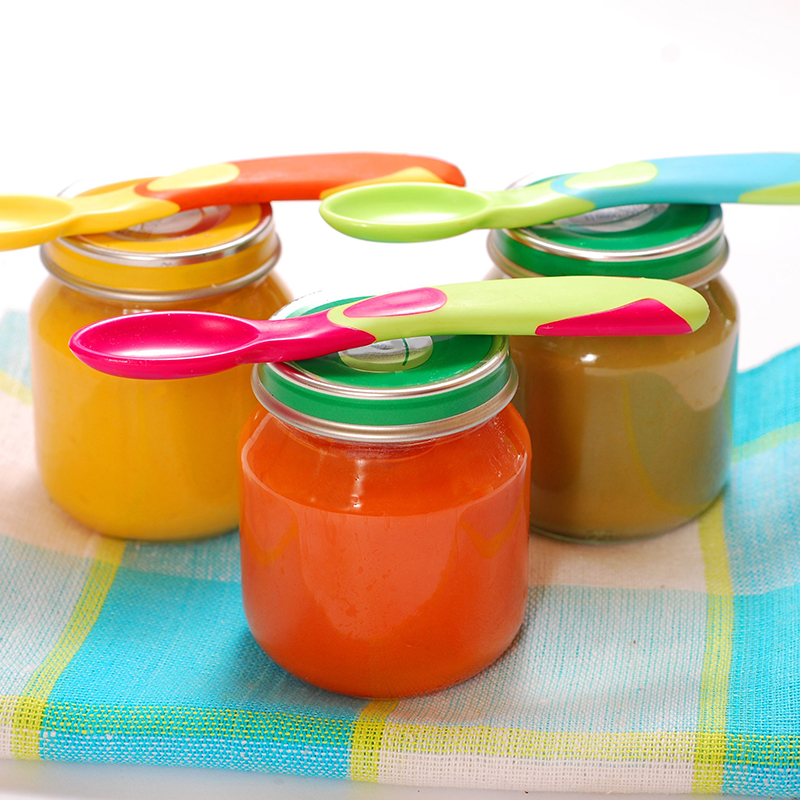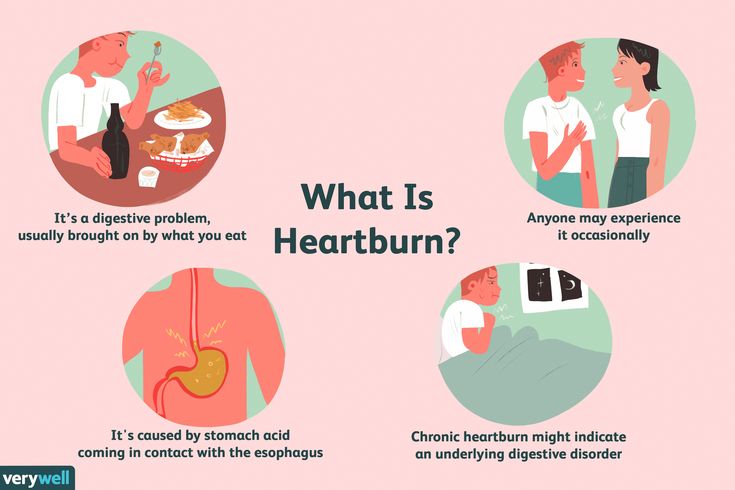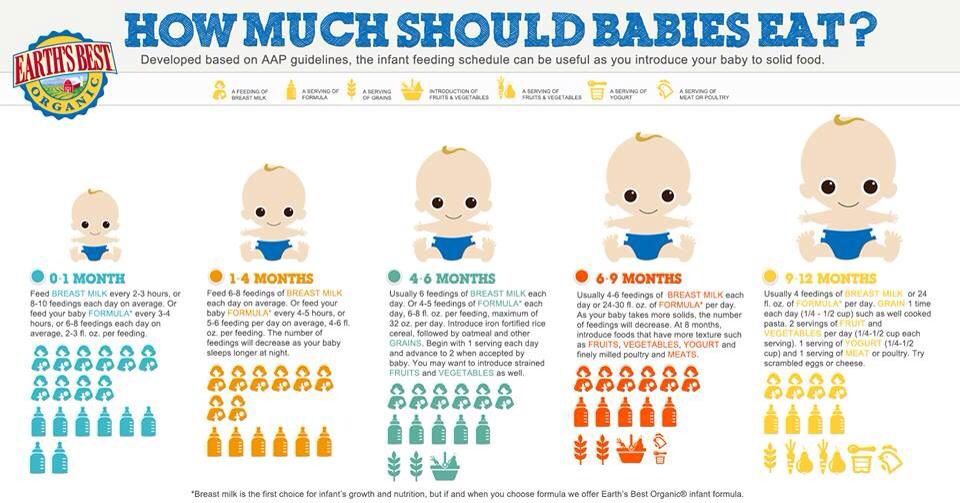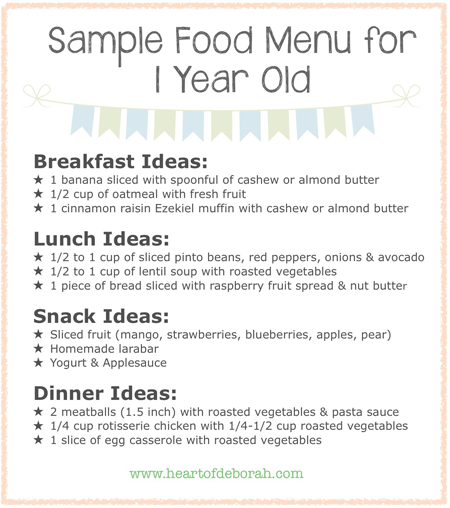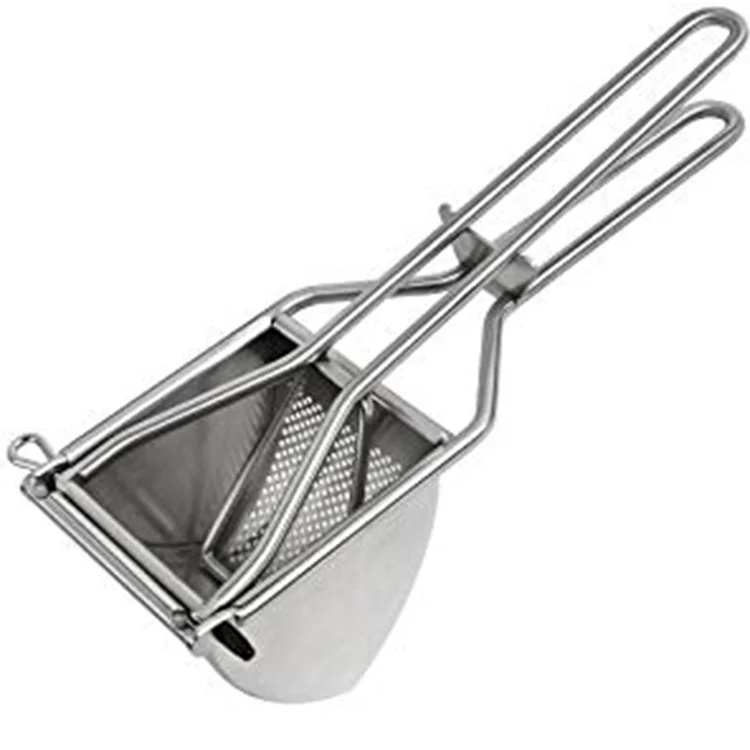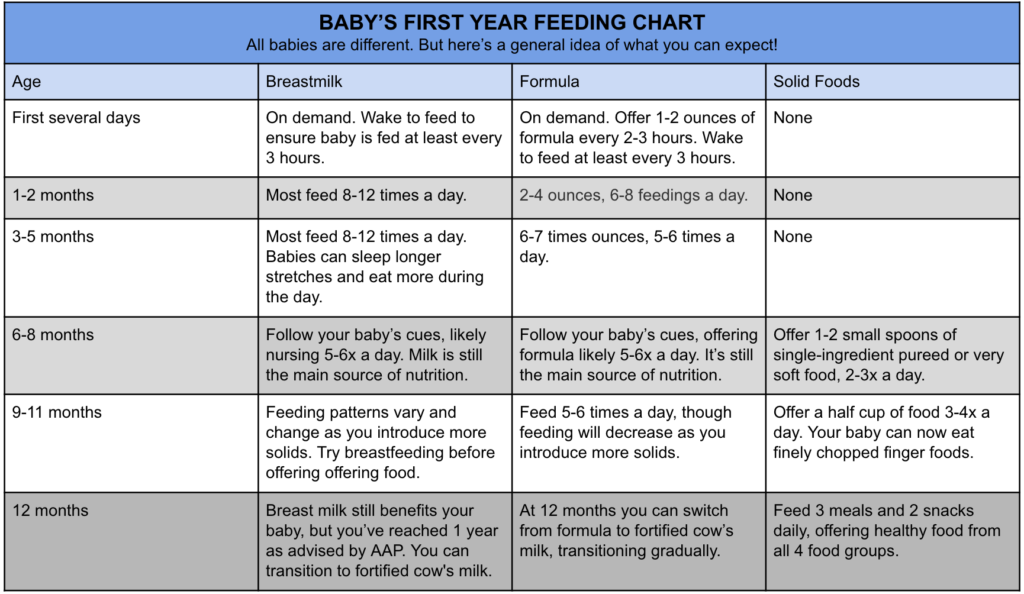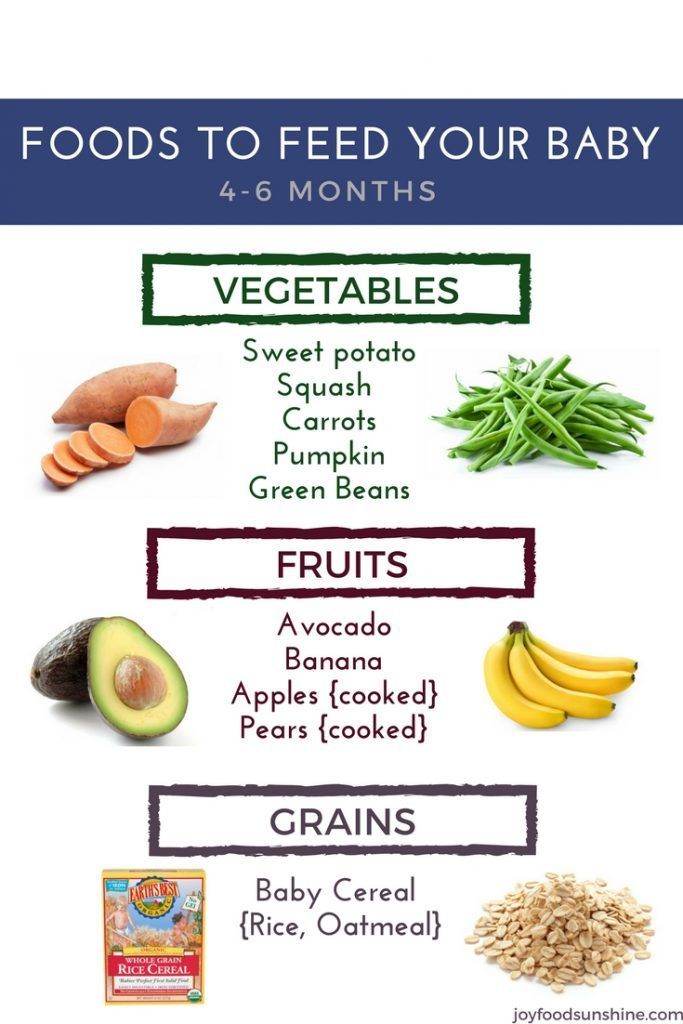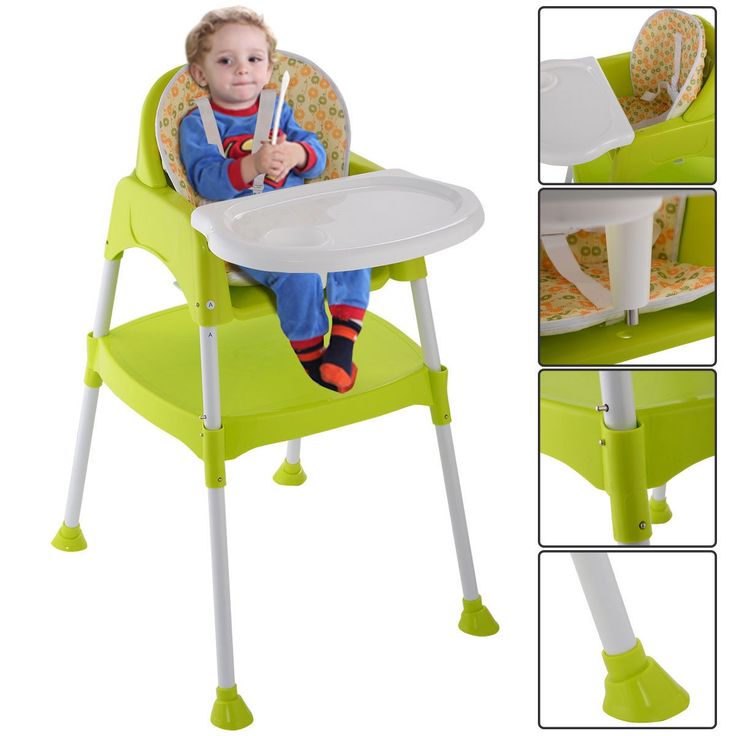Baby food containing lead
Homemade baby food contains as many toxic metals as store-bought options, report says
Consumer
By CBS New York Team
/ CBS/CNN
Report: Homemade baby foods could contain toxic heavy metals
Report: Homemade baby foods could contain toxic heavy metals 00:32NEW YORK -- Making baby food at home with store-bought produce isn't going to reduce the amount of toxic heavy metals in the food your baby eats, according to a new report.
"We found no evidence to suggest that homemade baby foods made from store-bought produce are better than store-bought baby foods when it comes to heavy metal contamination," said the paper's coauthor Jane Houlihan, research director for Healthy Babies, Bright Futures.
An alliance of nonprofits, scientists and donors, HBBF, which produced the report, has a stated mission of reducing babies' exposures to neurotoxic chemicals.
Researchers tested 288 foods bought at stores and farmers markets across the United States -- including grains, fruits, vegetables, snacks, teething foods, and family items that babies eat, such as cereals and rice cakes -- for lead, arsenic, mercury and cadmium. Those heavy metals are among the World Health Organization's top 10 chemicals of concern for infants and children.
"Toxic metal exposure can be harmful to the developing brain. It's been linked with problems with learning, cognition, and behavior," according to the American Academy of Pediatrics.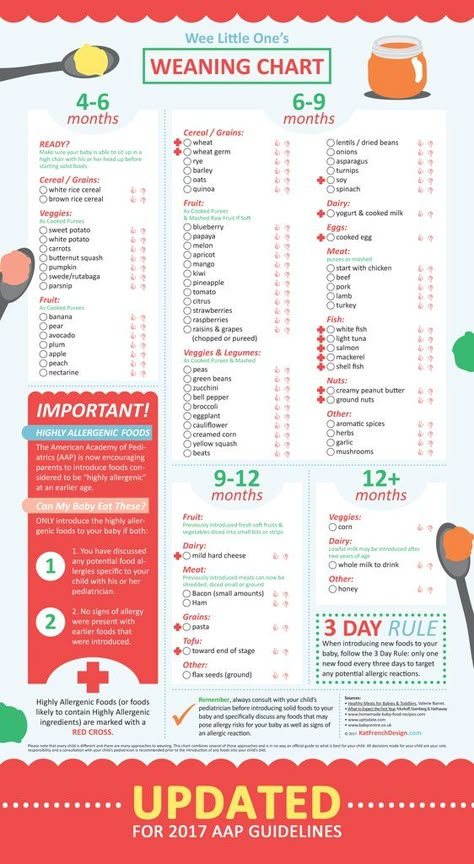
Researchers also pored over data from 7,000 additional food tests reported in published studies and by the US Food and Drug Administration.
Results showed 94% of manufactured baby foods, family foods and homemade purees made from purchased raw foods contained detectable amounts of one or more heavy metals.
Lead was found in 90% of manufactured baby food bought by shoppers for the report and 80% of store-bought family food and homemade purees. There is no safe level of lead, according to the AAP.
Arsenic was found in 68% store-bought baby food and 72% of family food either purchased or prepared at home. Cadmium was found in 65% of purchased baby food and 60% of family foods, and mercury was in 7% of store-bought baby food and 10% of family foods. (The highest levels of mercury are found in seafood, which was not tested in this analysis.)
The new report is a follow-up to a November 2019 report in which Healthy Babies, Bright Futures tested 168 foods purchased from major baby food manufacturers.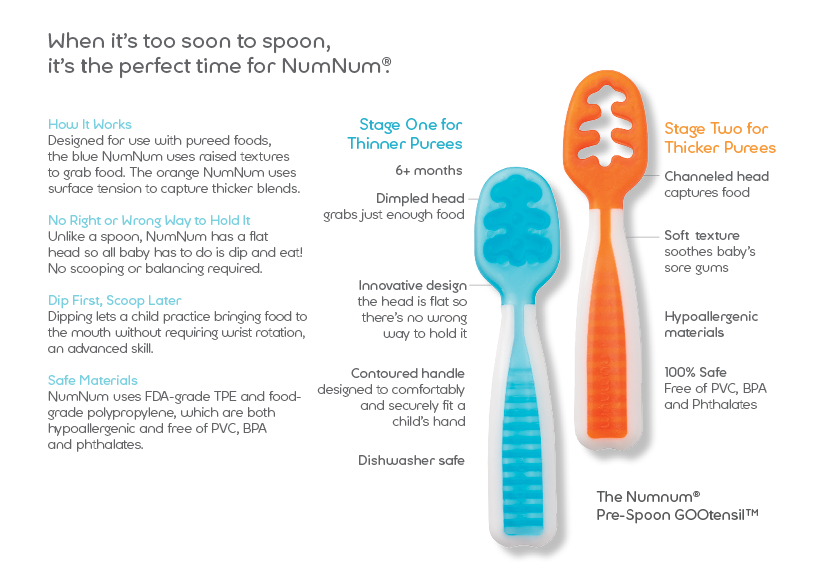 That analysis found 95% of store-bought baby food contained lead, 73% contained arsenic, 75% contained cadmium and 32% contained mercury. One-fourth of the foods tested that year contained all four heavy metals.
That analysis found 95% of store-bought baby food contained lead, 73% contained arsenic, 75% contained cadmium and 32% contained mercury. One-fourth of the foods tested that year contained all four heavy metals.
"After that report we saw so many people saying you can get around this problem by making your own baby food at home, so we decided to check," Houlihan said. "We suspected we'd find heavy metals in all kinds of food because they're ubiquitous contaminants in the environment.
"And that is exactly what we found -- heavy metals were in foods from every section of the store," Houlihan said. "What this says is that as the FDA is setting standards for heavy metals in baby food, they need to go beyond the baby food aisle."
What's a parent or caregiver to do? Feed baby with as many different types of foods as possible, said pediatrician Dr. Mark Corkins, chair of the Committee on Nutrition of the American Academy of Pediatrics. He was not involved in the study.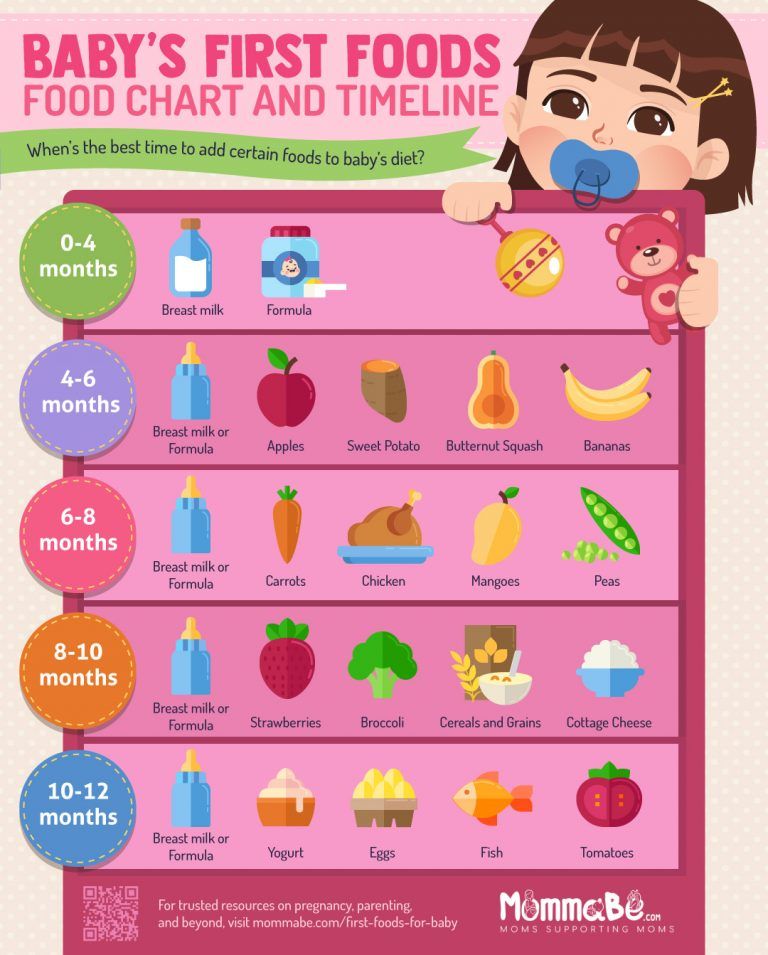
"If you spread foods out, and offer a wide variety of options, you'll have less toxicity," Corkins said. "And nutritionally that's always been the right thing to do to get the most micronutrients from the food you eat."
Does buying organic help?
The report found buying organic didn't lower heavy metal levels either, which was "not shocking or surprising," said Corkins, a professor of pediatrics at the University of Tennessee Health Science Center and Le Bonheur Children's Hospital in Memphis, Tennessee.
"It's the soil and water that's contaminated with arsenic and other heavy metals, so it doesn't matter if it's organic or traditional farming methods," Corkins said. That would apply to locally grown crops or even backyard gardens, if the soil had not been verified to be metal-free.
However, buying organic can help avoid other toxins the new report did not consider, such as herbicides and pesticides, said Dr. Leonardo Trasande, director of environmental pediatrics at NYU Langone Health.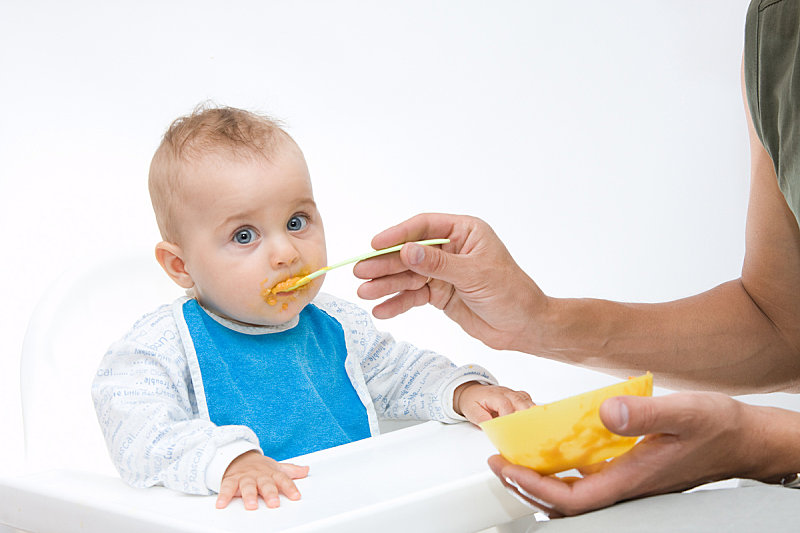 He was not involved in the study.
He was not involved in the study.
"There are other benefits to eating organic food, including a reduction in synthetic pesticides that are known to be as bad for babies, if not even more problematic," Trasande said.
"We've seen multiple studies show significant effects of synthetic pesticides on cognitive function in children as a result of prenatal exposure. We've seen images of the brain where certain parts are smaller that are crucial for higher order functioning after exposure," he added. "A simple step would simply be to say eat organic because regardless of anything we're talking about in this report, it's good for you."
Experts agree that battling toxins in baby foods is a job for government organizations who will need to work with growers, suppliers and manufacturers to institute regulations and safeguards. In the meantime, parents can make a difference.
"Making even one simple choice every day to lower a child's exposure will make a difference, whether that's staying away from rice-based snacks and serving a diced apple instead or choosing not to serve carrots and sweet potatoes every day," Houlihan said.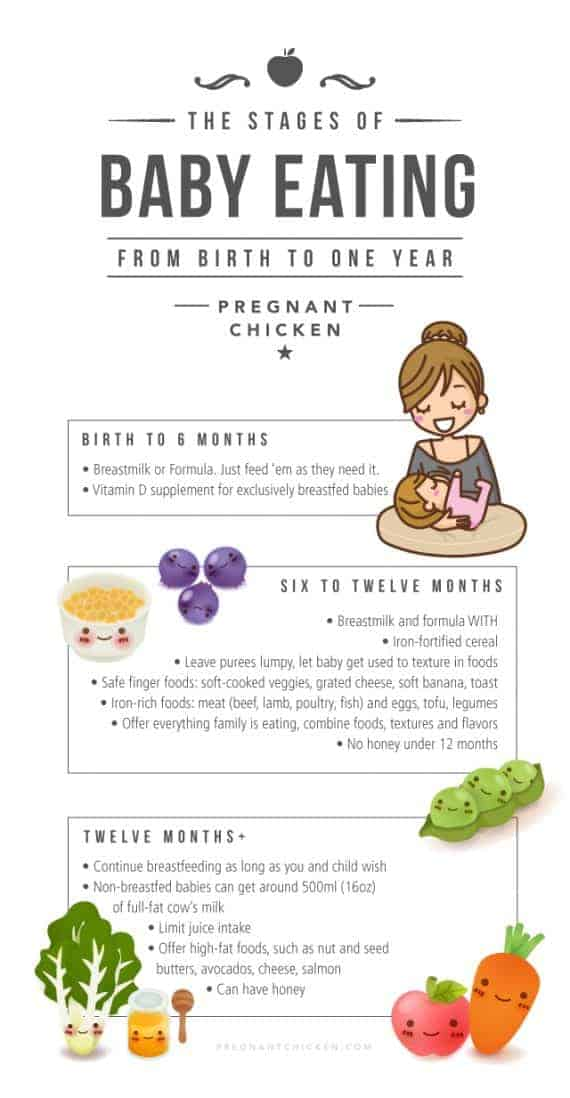
"With heavy metals and other toxins the risks add up over a lifetime," she added. "So even if some of these foods had been served to a child up to their second birthday, starting from there to lower exposure to toxins is going to add up. Every choice matters."
Least contaminated foods
Tested foods with low metal content contain one-eighth as much heavy metal contamination as foods with the highest levels, Houlihan said. These are foods that can be "eaten freely," the report suggested.
Fresh bananas, with heavy metal levels of 1.8 parts per billion, were the least contaminated of foods tested for the report. That's an "82-fold difference in average level of total heavy metals" from the most contaminated food, rice cakes, which tested at 147 parts per billion, according to the investigation.
After bananas, the least contaminated foods were grits, manufactured baby food meats, butternut squash, lamb, apples, pork, eggs, oranges and watermelon, in that order.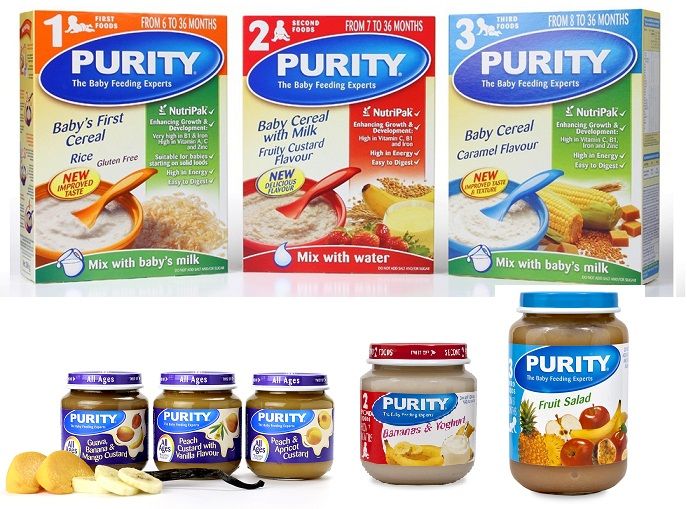 Other foods with lower levels of contamination included green beans, peas, cucumbers, and soft or pureed home-cooked meats, the report found.
Other foods with lower levels of contamination included green beans, peas, cucumbers, and soft or pureed home-cooked meats, the report found.
Infant formula made with lead-free tap water was recommended. Tap water that has been tested and is free of lead is always a good choice. Milk is also a good choice, but only for babies 12 months and older.
Some healthy lower-metal foods, such as yogurt, unsweetened applesauce, beans, cheese, hard-boiled eggs and grapes that have been cut lengthwise, were good choices for snacks for babies, according to the report.
Fresh and frozen fruit -- including those used in homemade purees -- were options as well. But don't use canned fruits if you can avoid it: "Tests find lead 30 times more often in canned fruit than in fresh and frozen fruit," the report stated.
Parents and caregivers can also lower their baby's exposure to heavy metals by making some smart substitutions, the report said.
Using a frozen banana for a teething baby instead of a rice-based teething biscuit or rice rusk could lower total intake of heavy metals by 95%, according to the report.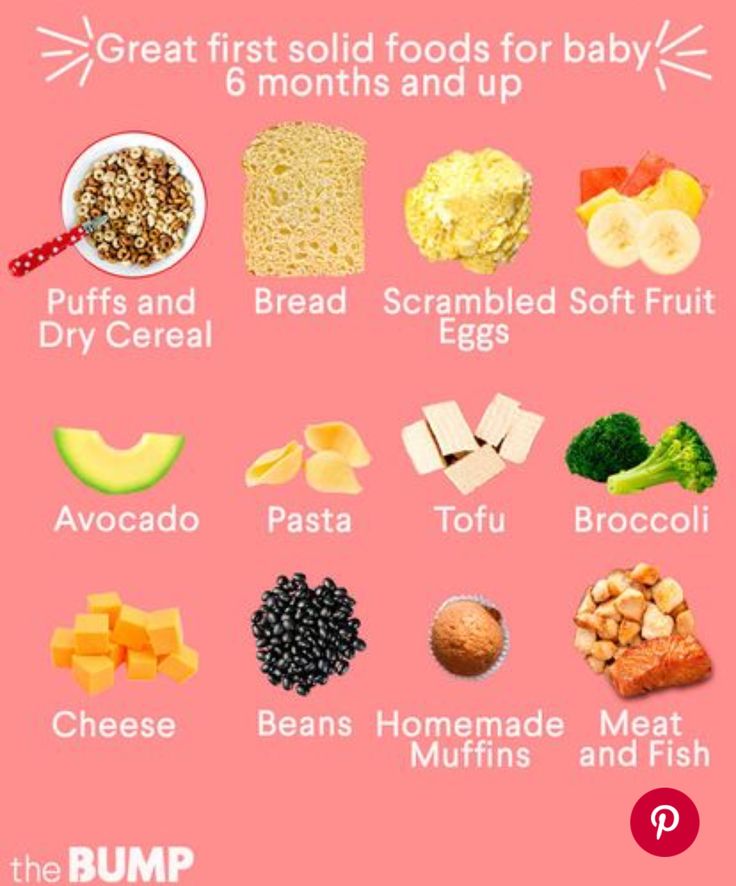 Another suggested teething aid: peeled and chilled cucumber spears.
Another suggested teething aid: peeled and chilled cucumber spears.
Avoid or limit these foods
The most heavily contaminated foods eaten by babies were all rice-based: "Rice cakes, rice puffs, crisped rice cereals and brown rice with no cooking water removed are heavily contaminated with inorganic arsenic, which is the more toxic form of arsenic," Houlihan said.
Arsenic is a natural element found in soil, water and air, and because rice is grown in water, it is especially good at absorbing inorganic arsenic. ("Inorganic" is a chemical term and has nothing to do with the method of farming.) Brown and wild rice are the worst offenders, as the bran contains the highest arsenic concentrations.
Prior research has shown that even low levels of inorganic arsenic exposure can impact a baby's neurodevelopment. A meta-analysis of studies on the topic found a 50% increase in arsenic levels in urine would be associated with a 0.4-point decrease in the IQ of children between the ages of 5 and 15.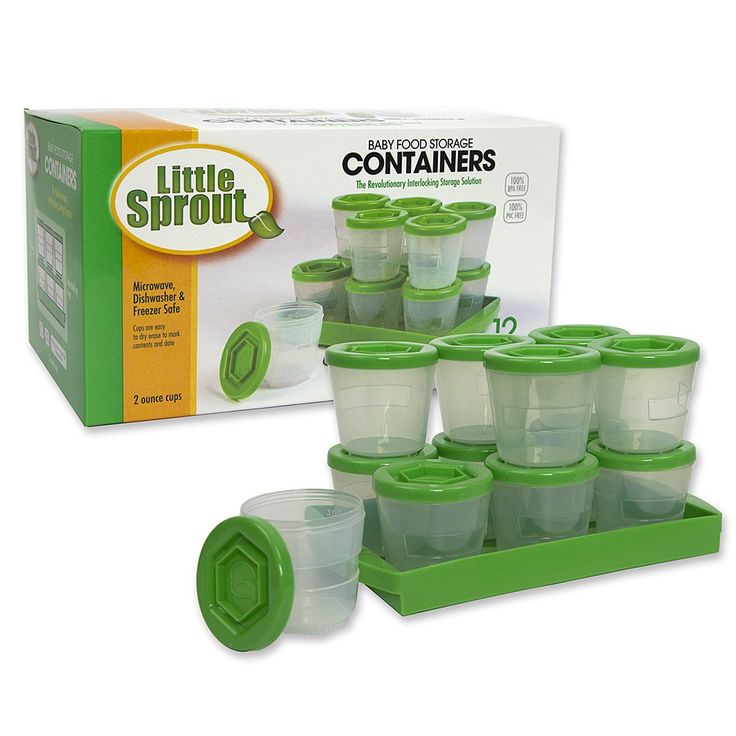
Testing by HBBF found rice cakes were the most contaminated with inorganic arsenic, followed by crisped rice cereal, rice-based puffs and brown rice. The report recommended those foods be avoided entirely, unless the brown rice is cooked with extra water that is poured off before consumption (much like pasta). It's best to do that with all rice, including white and wild rice, the report said, as it can reduce arsenic levels by up to 60%.
Rice-based teething biscuits or rusks and white rice came next on the most contaminated list, the report said. White rice is milled to remove the outer layers, but experts say arsenic levels remain high enough to be concerning, especially if rice is a daily staple.
"Inorganic arsenic averaged 100 parts per billion in brown rice infant cereal and 74 parts per billion in white rice infant cereal in our tests," Houlihan said. "Baby food companies have taken brown rice cereal off the market because of its high arsenic levels."
Parents and caregivers can help by staying away from high-arsenic varieties of white rice grown in Arkansas, Louisiana, Texas, or simply "US" and instead choosing lower-arsenic basmati rice from California, India and Pakistan, as well as sushi rice from the US, the report said.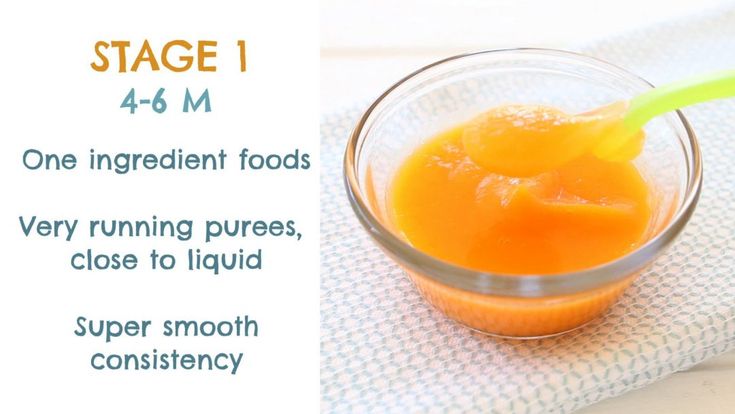
Serve these foods rarely
After rice-based foods, the analysis found the highest levels of heavy metals in raisins, non-rice teething crackers, granola bars with raisins and oat-ring cereals. But those were not the only foods of concern: Dried fruit, grape juice, arrowroot teething crackers and sunflower seed butter all contained high amounts of at least one toxic metal, according to the report.
"Many foods have a kind of unique, heavy metal profile," Houlihan explained. "For example, we saw very high levels of cadmium in things like spinach, leaf lettuce and peanut butter."
However, the human body doesn't absorb cadmium as easily as other heavy metals, and for that reason "it doesn't have as high a level of concern," Houlihan added.
"There's also not as much evidence that cadmium is neurotoxic to babies, or at least the body of evidence isn't there at the same levels as lead and arsenic," she said. "Lead and arsenic damage isn't reversible -- these are permanent impacts on IQ, learning ability and behavior, so it's a big deal. "
"
Root and tuber vegetables may have higher levels of heavy metals like lead and arsenic because they grow underground. In fact, the investigation found that nutritious baby favorites like carrots, sweet potatoes, squash and many types of potatoes did have concerning levels of heavy metals.
Even the same food could have varying levels of toxic metals, according to the report. For example, a shopper in Raleigh, North Carolina, bought a sweet potato with 60.7 parts per billion of lead -- 10 times more than the store-bought sweet potato puree she purchased. A Chicago shopper purchased a fresh carrot with eight times more arsenic than the premade carrot baby food she took home, the investigation found.
Yet shoppers in Tennessee and California found the opposite -- their fresh produce had minimal levels of heavy metals compared with the manufactured baby food brands they bought.
"As a parent, you don't know what you're picking up out of the produce bin," Houlihan said.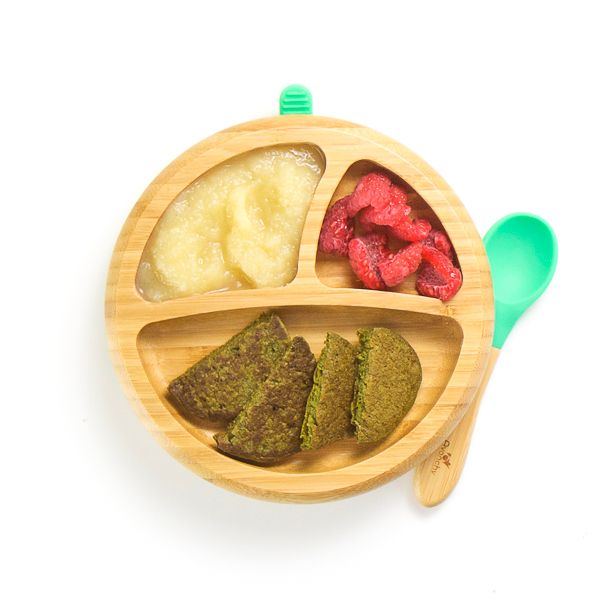 "Is it elevated because of the cultivar -- the particular type of sweet potato or carrot? Or is it elevated because it's grown in an area where the soil has naturally high levels of lead?
"Is it elevated because of the cultivar -- the particular type of sweet potato or carrot? Or is it elevated because it's grown in an area where the soil has naturally high levels of lead?
Answering these questions will be the responsibility of government regulators and industry, Houlihan said. The FDA has a Closer to Zero campaign, for example, which could take on the issue.
CNN reached out to the FDA for comment but didn't immediately received a response.
"And remember, if you're protecting the basic ingredients that parents are using to make food at home, you're not only protecting babies and toddlers, you're protecting pregnant women as well. Babies in utero are particularly vulnerable to toxins while the brain is growing at such a rapid pace."
With no way of knowing levels of toxic metals in the soil where produce is grown, parents and caregivers need to add one more step to their efforts to avoid these substances, Houlihan suggested. In addition to mixing up the variety of foods and not serving the same options each day, parents can "choose different brands or varieties of foods or shop in different stores from week to week to avoid choosing a high-metal source regularly.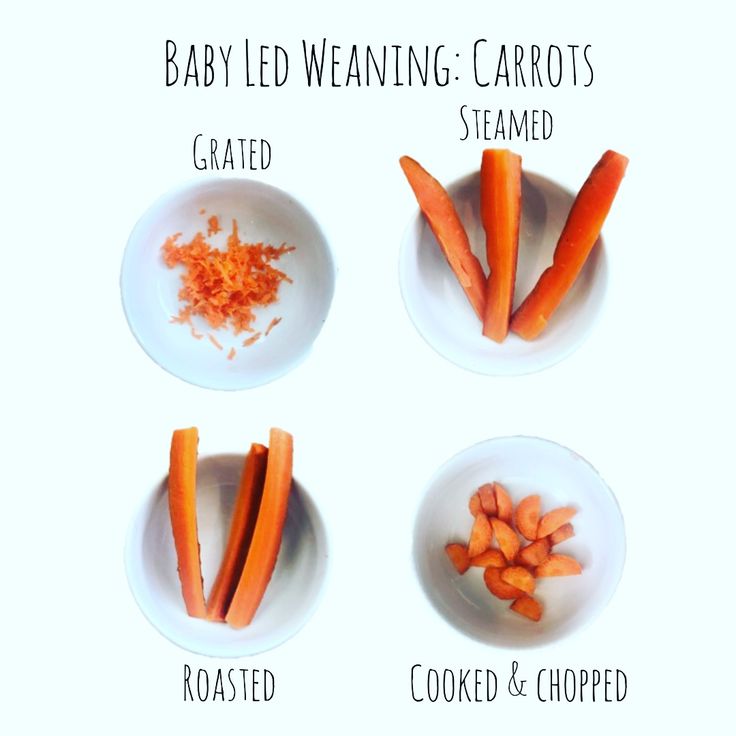 "
"
CBS New York Team
The CBS New York team is a group of experienced journalists who bring you the content on CBSNewYork.com.
Twitter Facebook Instagram
First published on August 11, 2022 / 6:16 PM
© 2022 CBS Broadcasting Inc. All Rights Reserved. This material may not be published, broadcast, rewritten, or redistributed. CNN contributed to this report.
Thanks for reading CBS NEWS.
Create your free account or log in
for more features.
Please enter email address to continue
Please enter valid email address to continue
Leading baby food manufacturers knowingly sold products with high levels of toxic metals, a congressional investigation found
CNN —
Four leading baby food manufacturers knowingly sold baby food that contained high levels of toxic heavy metals, according to internal company documents included in a congressional investigation released Thursday.
“Dangerous levels of toxic metals like arsenic, lead, cadmium and mercury exist in baby foods at levels that exceed what experts and governing bodies say are permissible,” said Democratic Rep. Raja Krishnamoorthi of Illinois, chair of the House Subcommittee on Economic and Consumer Policy, which conducted the investigation, signed by the Democratic members.
Krishnamoorthi said the spreadsheets provided by manufacturers are “shocking” because they show evidence that some baby foods contain hundreds of parts per billion of dangerous metals. “Yet we know that in a lot of cases, we should not have anything more than single digit parts per billion of any of these metals in any of our foods,” he told CNN.
“Yet we know that in a lot of cases, we should not have anything more than single digit parts per billion of any of these metals in any of our foods,” he told CNN.
Arsenic, lead, cadmium and mercury are in the World Health Organization’s top 10 chemicals of concern for infants and children.
As natural elements, they are in the soil in which crops are grown and thus can’t be avoided. Some crop fields and regions, however, contain more toxic levels than others, partly due to the overuse of metal-containing pesticides and ongoing industrial pollution.
“There was a time where we used metals as the predominant pesticide for many years, assuming it was safe,” said Dr.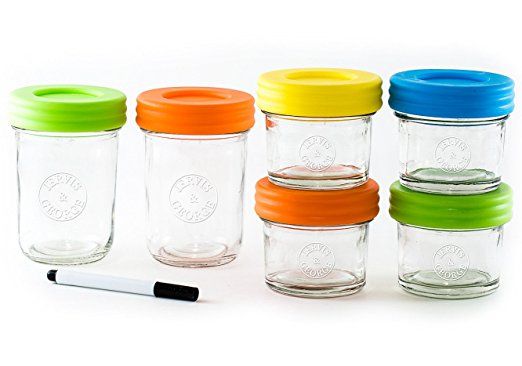 Leonardo Trasande, chief of environmental pediatrics at NYU Langone.
Leonardo Trasande, chief of environmental pediatrics at NYU Langone.
All of these heavy metals have been linked to cancer, chronic disease and neurotoxic effects, but it’s the devastating damage that can be done to a developing baby’s brain that makes baby food toxicity so critical.
The US Food and Drug Administration has not yet set minimum levels for heavy metals in most infant food. The agency did set a standard of 100 parts per billion inorganic arsenic for infant rice cereal, but even that level is considered much too high for baby’s safety, critics say, especially since the FDA has already set a much lower standard of 10 parts per billion of inorganic arsenic for bottled water.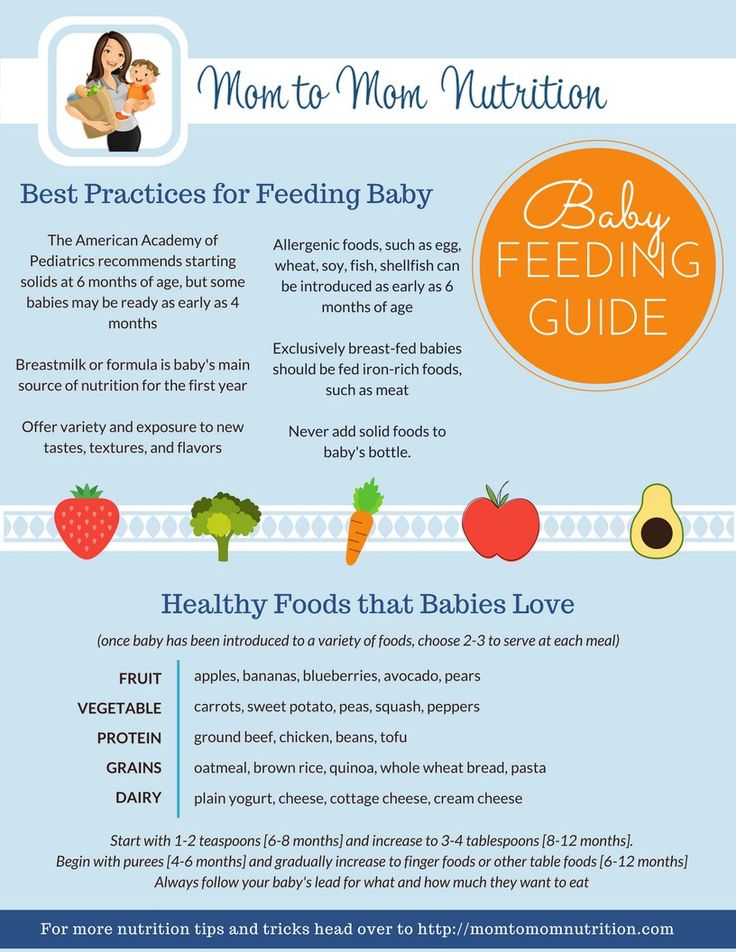
From the time of conception through the age of 2, babies have an extremely high sensitivity to neurotoxic chemicals, said Jane Houlihan, the national director of science and health for Healthy Babies Bright Futures, a coalition of advocates committed to reducing babies’ exposures to neurotoxic chemicals.
“Their brain is forming rapidly, and so when they’re exposed to metals that can interrupt those natural processes, the impacts range from behavioral problems to aggression to IQ loss and all kinds of cognitive and behavioral deficits that can persist throughout life,” Houlihan said.
“Pound for pound, babies get the highest dose of these heavy metals compared to other parts of the population,” she said. “So the consequences are serious.”
Healthy Babies Bright Futures published a report in 2019 that found toxic metals in 95% of the baby foods randomly pulled off supermarket shelves and tested – that exposé was the “inspiration” for the subcommittee’s work, Krishnamoorthi told CNN.
READ MORE: New US dietary guidelines include recs for babies and toddlers for first time
Internal testing done by Gerber; Beech-Nut Nutrition Company; Nurture, Inc., which sells Happy Baby products; and Hain Celestial Group, Inc., which sells Earth’s Best Organic baby food, showed levels of heavy metals far above limits set for bottled water by the FDA and the US Environmental Protection Agency, the congressional investigators found.
Baby food ingredients in certain products contained up to 91 times the inorganic arsenic level, up to 177 times the lead level, up to 69 times the cadmium level, and up to five times the mercury level allowed in bottled water, the report said, yet the companies still approved those products for sale.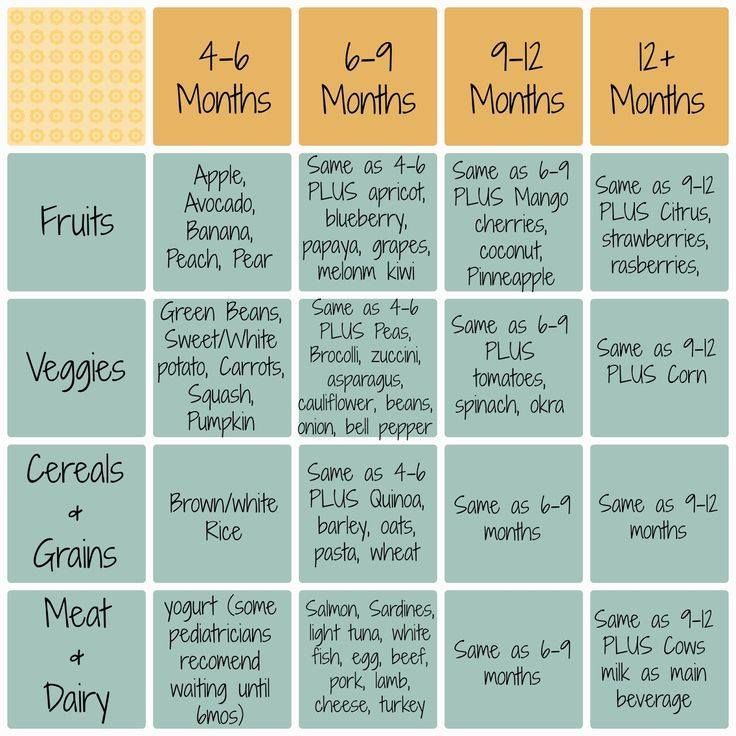
Whether the baby food was organic or not did not matter, the subcommittee found – levels of toxic metals were still high.
CNN reached out to the four companies for reaction prior to the publication of the report, which none of them had yet seen.
Gerber told CNN in an email statement, in part, “All our foods meet our safety and quality standards, which are among the strictest in not just the U.S., but the world. Gerber foods are backed up by rigorous oversight at all levels of the growing and production process.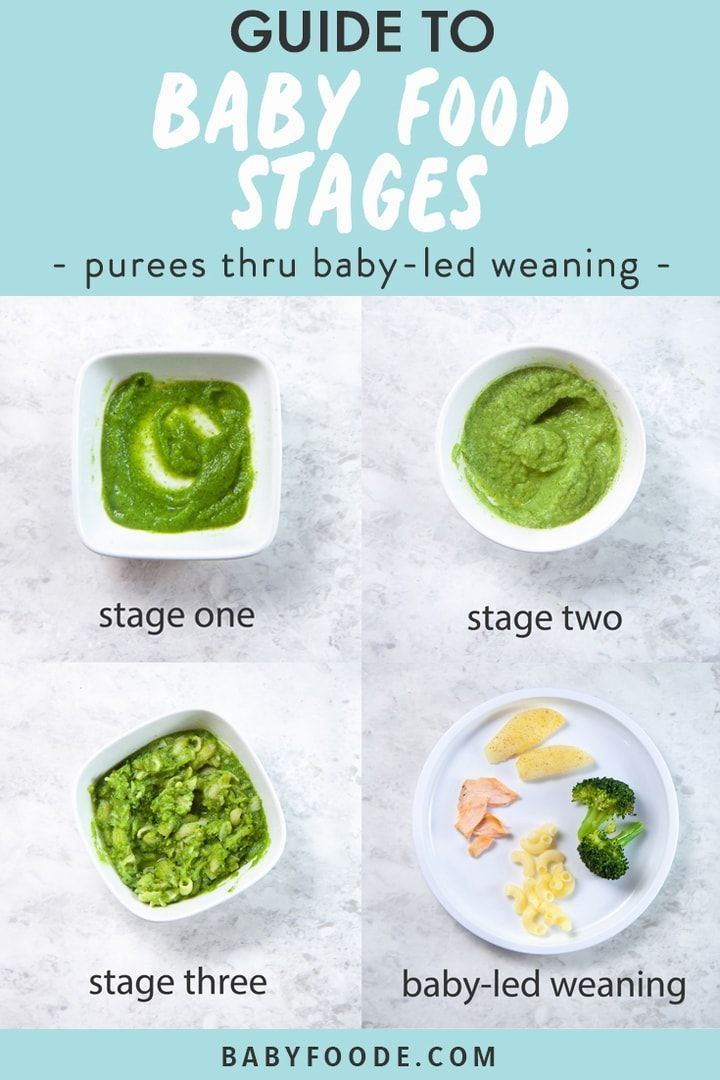 Where government standards don’t currently exist, we develop our own rigorous standards by applying the latest food safety guidance.
Where government standards don’t currently exist, we develop our own rigorous standards by applying the latest food safety guidance.
“As stated in our 2019 response to the Congressional Inquiry, the elements in question occur naturally in the soil and water in which crops are grown. To minimize their presence, we take multiple steps including: prioritizing growing locations based on climate and soil composition; approving fields before crops are planted based on soil testing; rotating crops according to best available science; and testing of produce, water and other ingredients.”
Beech-Nut Nutrition said it “established heavy metal testing standards 35 years ago, and we continuously review and strengthen them wherever possible.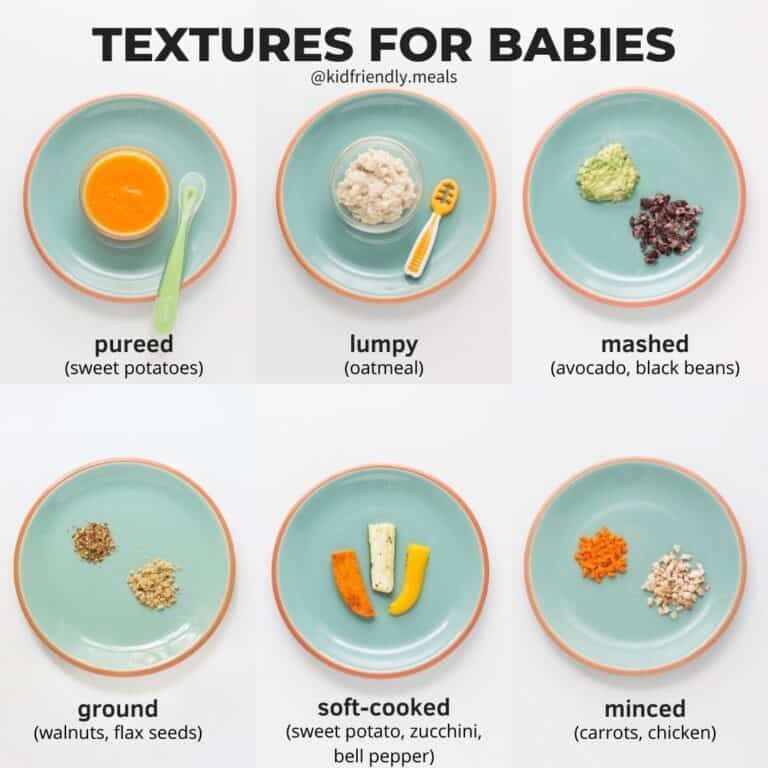 ” In addition, the company said it tested “every delivery of fruits, vegetables, rice and other ingredients for up to 255 contaminants to confirm that every shipment meets our strict quality standards. If the ingredients don’t meet our standards, we reject them.”
” In addition, the company said it tested “every delivery of fruits, vegetables, rice and other ingredients for up to 255 contaminants to confirm that every shipment meets our strict quality standards. If the ingredients don’t meet our standards, we reject them.”
Happy Baby, which is part of Happy Family Organics, responded that the company “does not sell any products that have not been rigorously tested, and do not have products in-market with contaminant ranges outside of the limits set by the FDA.
“Many of the results we provided as part of this 2019 report were collected based on a small portion of our portfolio and are not representative generally of our entire range of products at-shelf today.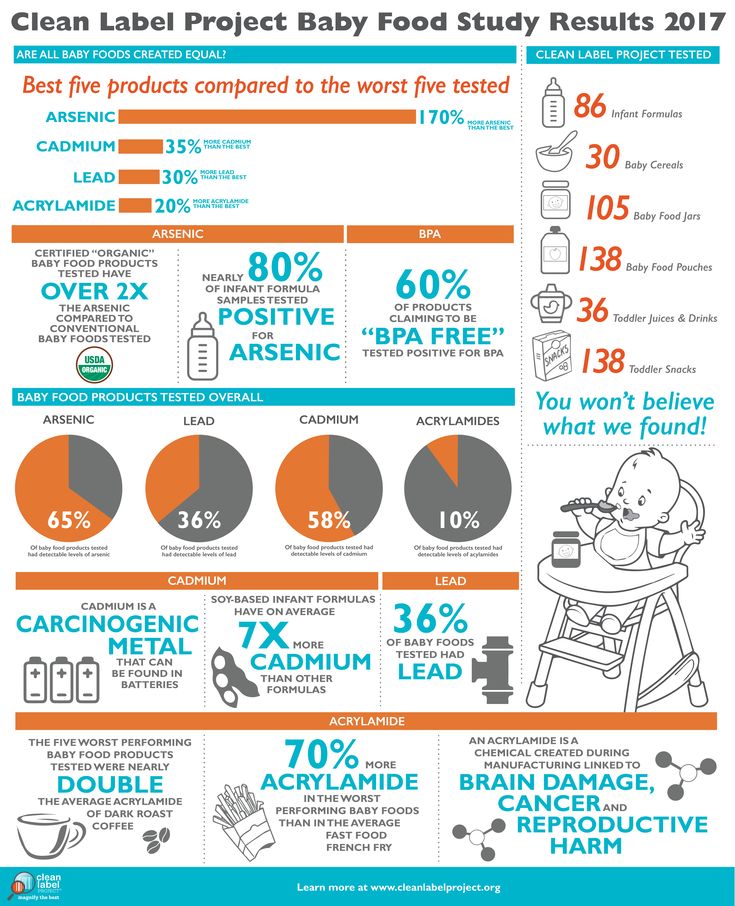 Also, the data points include two outliers of high lead results, not replicable in our testing, but which we included for completeness and transparency.”
Also, the data points include two outliers of high lead results, not replicable in our testing, but which we included for completeness and transparency.”
Hain reached out after the report published and provided the following statement: “We are disappointed that the Subcommittee report examined outdated data and does not reflect our current practices. Earth’s Best has consistently supported efforts to reduce naturally occurring heavy metals from our food supply and stands ready to assist the Subcomittee’s efforts toward that goal.”
READ MORE: How to avoid toxic metals in your baby’s food (and yours)
Three additional baby food companies, according to the congressional investigators, did not fully cooperate with the subcommittee’s investigation: Sprout Organic Foods; Walmart, which sells Parent’s Choice baby food; and Campbell Soup Company, which sells the Plum Organics brand of baby products.
“The Subcommittee is greatly concerned that their lack of cooperation might be obscuring the presence of even higher levels of toxic heavy metals in their baby food products than their competitors’ products,” the report stated.
CNN reached out via email and phone multiple times to Sprout Organic Foods and Walmart, which sells Parent’s Choice, but did not receive comments before this story published.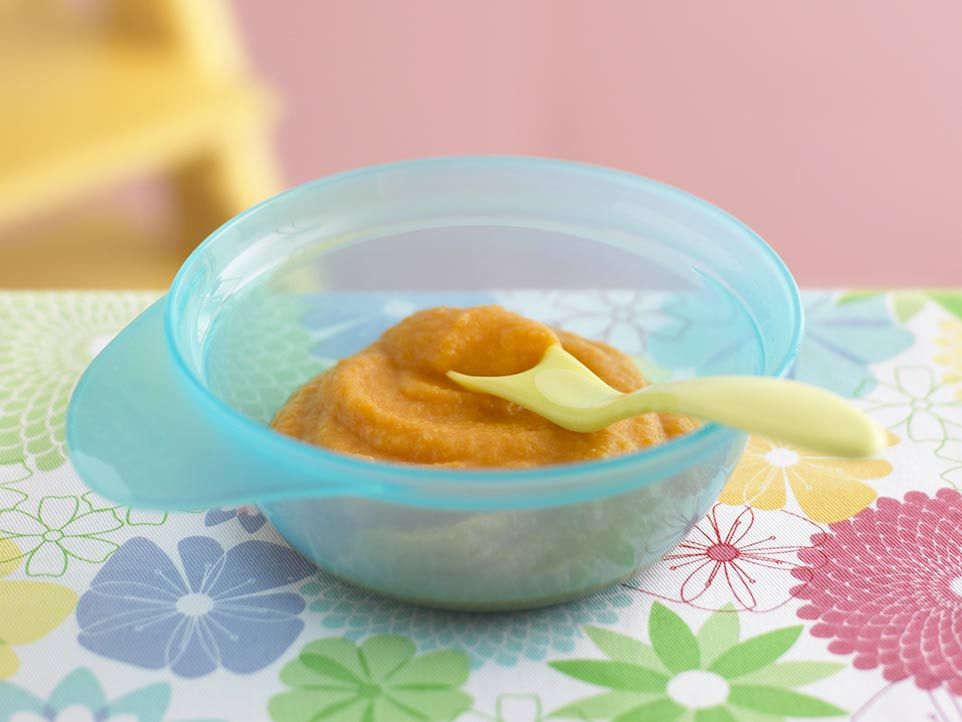
A Campbell spokesperson did reply: “For more than 150 years, Campbell has placed the safety of consumers, especially our youngest consumers, above all else. That is why we fully cooperated with the House Oversight Subcommittee’s baby food review. We responded quickly to their questions and never refused anything requested of us.”
The subcommittee didn’t agree with Campbell’s assessment.
“Instead of producing any substantive information, Campbell provided a spreadsheet self-declaring that every one of its products ‘meets criteria,’” the subcommittee wrote.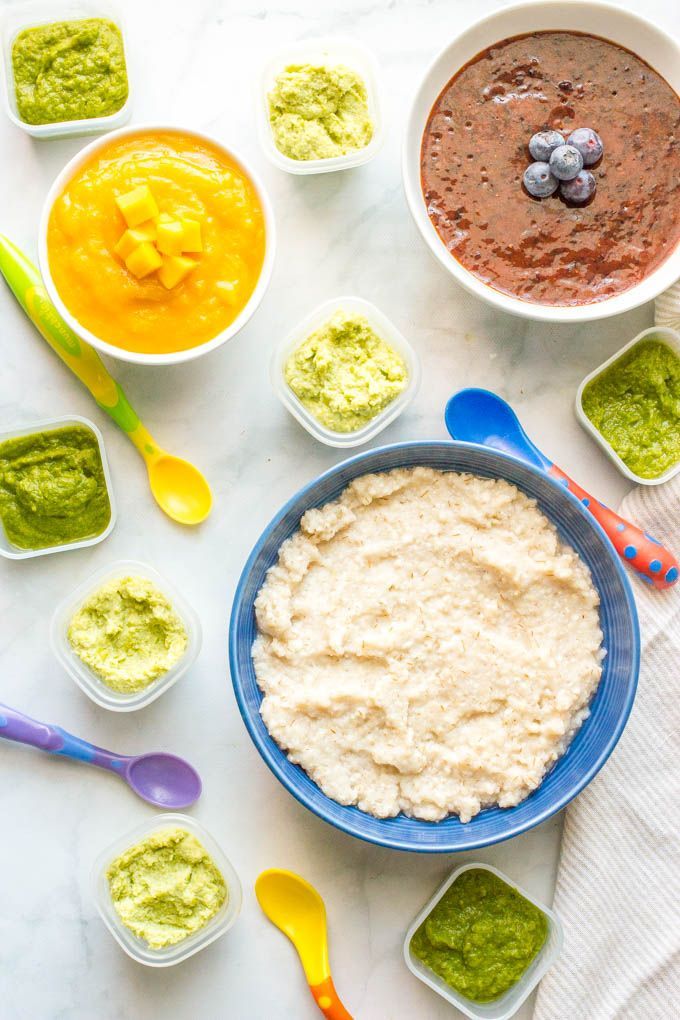 “Campbell’s evasion is concerning, as even limited independent testing has revealed the presence of toxic heavy metals in its baby food.”
“Campbell’s evasion is concerning, as even limited independent testing has revealed the presence of toxic heavy metals in its baby food.”
Update: Walmart provided CNN the following statement via email: “We provided information to the subcommittee nearly a year ago and invited more dialogue on this important issue but never received any additional inquiries.
“Healthy Babies Bright Futures also published ‘What’s in my baby’s food,’ in October of 2019 that tested seven Walmart private label products and according to their reported results, the metals tested were within FDA guidance levels. We will review the report now that it is available.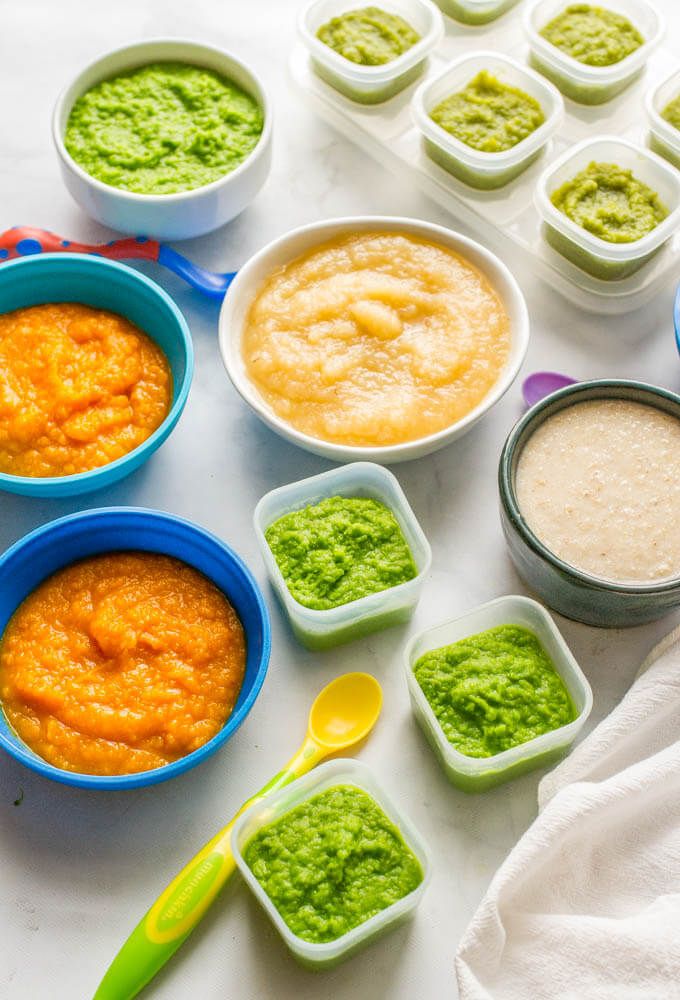 ”
”
In response to Walmart’s statement, Better Babies Bright Futures’ health and science director, Jane Houlihan, told CNN that “the vast majority of baby foods have no FDA guidance levels.
“So it’s disingenuous for companies to say they meet guidance safety standards when there are none,” Houlihan said.
READ MORE: Pregnant women should get Covid vaccine, US doctors say, despite conflicting international advice
The subcommittee report also stated that Hain Celestial Group, Inc., maker of Earth’s Best Organic, had presented “a secret slide presentation” on August 1, 2019, to FDA regulators that revealed “increased risks of toxic heavy metals in baby foods.”
The slides showed the FDA that Hain routinely tested only the ingredients that go into their baby foods for heavy metals, and failed to test the finished product that would be sold, the report said.
Yet in “100% of the Hain baby foods tested, inorganic arsenic levels were higher in the finished baby food than the company estimated they would be based on individual ingredient testing.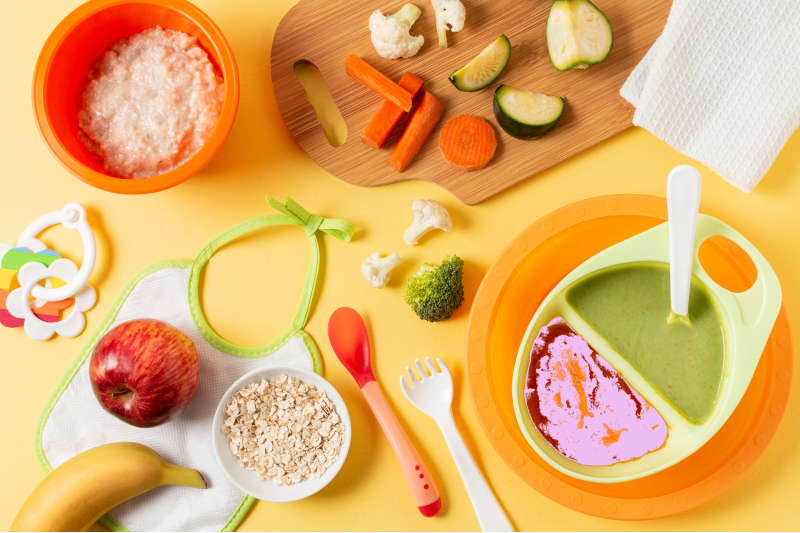 Inorganic arsenic was between 28% and 93% higher in the finished products,” the subcommittee wrote.
Inorganic arsenic was between 28% and 93% higher in the finished products,” the subcommittee wrote.
“This presentation made clear that ingredient testing is inadequate, and that only final product testing can measure the true danger posed by baby foods.”
Hain sent CNN this response: “The meeting was not ‘secret’ – we provided the document to the Subcommittee to be helpful. The purpose of the meeting was to determine a path forward to expand our testing program to include more raw ingredients and reduce the overall level of metals in our finished product.
“Following the meeting, we took several steps to reduce the levels of heavy metals in our finished products – including no longer using brown rice in our products that are primarily rice based, changing other ingredients and conducting additional testing of finished product before shipping. ”
”
READ MORE: Antibiotic use in babies linked to allergies, asthma and other conditions, study finds
The FDA under the Trump administration took no new action in response to the presentation, the investigation found: “To this day, baby foods containing toxic heavy metals bear no label or warning to parents. Manufacturers are free to test only ingredients, or, for the vast majority of baby foods, to conduct no testing at all.”
CNN reached out to the FDA with a set of detailed questions about these issues raised by the report and received the following statement.
The FDA said, in part, “Sampling of infant rice cereal showed that since 2016 manufacturers have made significant progress in reducing arsenic in infant rice cereal products, demonstrating that this action level is achievable by industry.
“Going forward,” the FDA said, “good manufacturing processes, such as sourcing rice and other ingredients with lower inorganic arsenic levels, will continue to help manufacturers produce infant rice cereal with inorganic arsenic levels below the action level.”
An FDA official later told CNN the agency is currently reviewing the subcommittee report’s findings.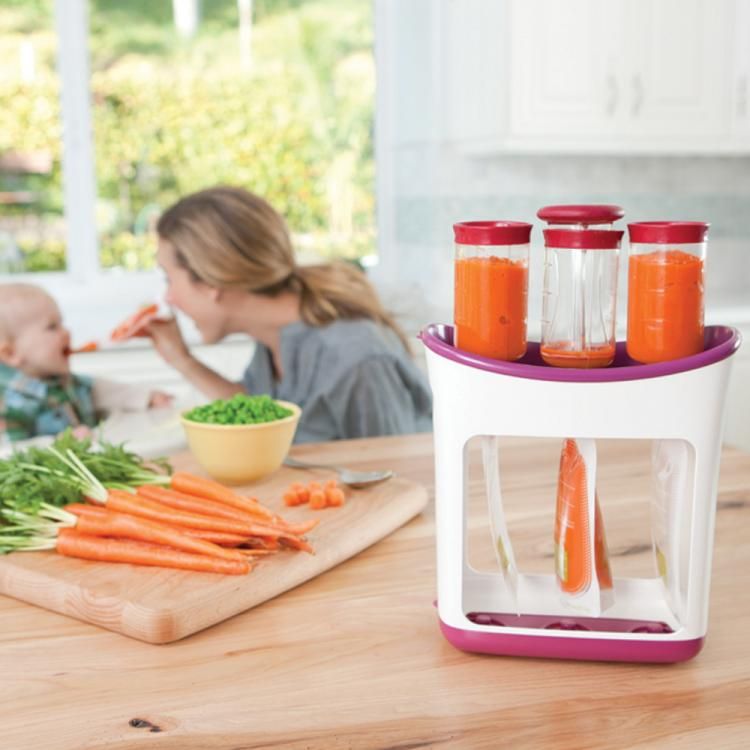
READ MORE: Worried about your toddler right now? Take a deep breath
Nurture (Happy Baby): Of the four companies who were part of the investigation, only Nurture tested the final product – the actual food babies would eat – after all ingredients had been added.
Internal documents from Nurture show that the company set a goal threshold of 100 parts per billion for inorganic arsenic in its final baby food product.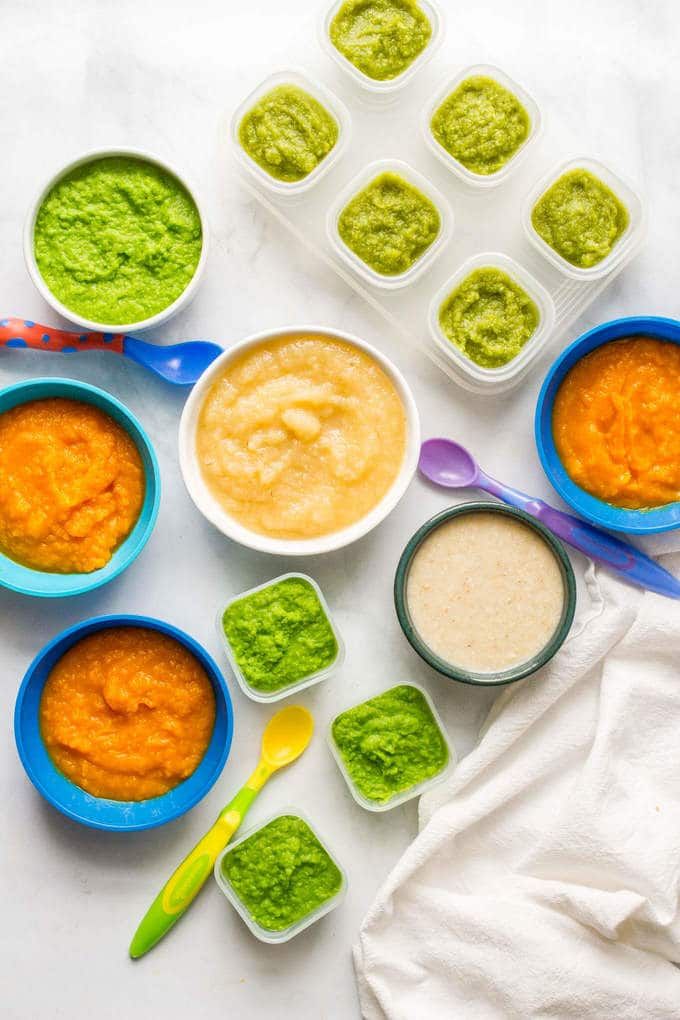 Listed next to that goal was the actual level of arsenic found in the food.
Listed next to that goal was the actual level of arsenic found in the food.
Despite the fact that arsenic levels in the products routinely tested over the stated goal – 120 parts per billion, 130 parts per billion, 160 parts per billion, even as much as 180 parts per billion, the documents showed Nurture continued to mark the products as ready to sell.
Levels of lead, cadmium and mercury were often high as well, the subcommittee report said. Documents showed Nurture sold Happy Baby baby foods that tested as high as 500 parts per billion and 641 parts per billion for lead.
Nurture also sold “a finished baby food product that contained 10 ppb (parts per billion) mercury, and two others that contained 9. 8 and 7.3 ppb (parts per billion). A level of 10 ppb (parts per billion) is five times more than the EPA’s 2 ppb (parts per billion) standard for drinking water,” the subcommittee wrote.
8 and 7.3 ppb (parts per billion). A level of 10 ppb (parts per billion) is five times more than the EPA’s 2 ppb (parts per billion) standard for drinking water,” the subcommittee wrote.
Hain (Earth’s Best Organic): Hain, along with Gerber and Beech-Nut, did not test its final products, the subcommittee found.
Instead, Hain tested various ingredients it added to the final product – such as cinnamon, blueberry puree and a mix of vitamins used to boost nutrient levels called a “vitamin pre-mix,” that tested at 223 parts per billion for inorganic arsenic.
No level of lead is safe for children, according to the American Academy of Pediatrics, yet Hain used ingredients containing as much as 352 parts per billion lead, internal documents showed.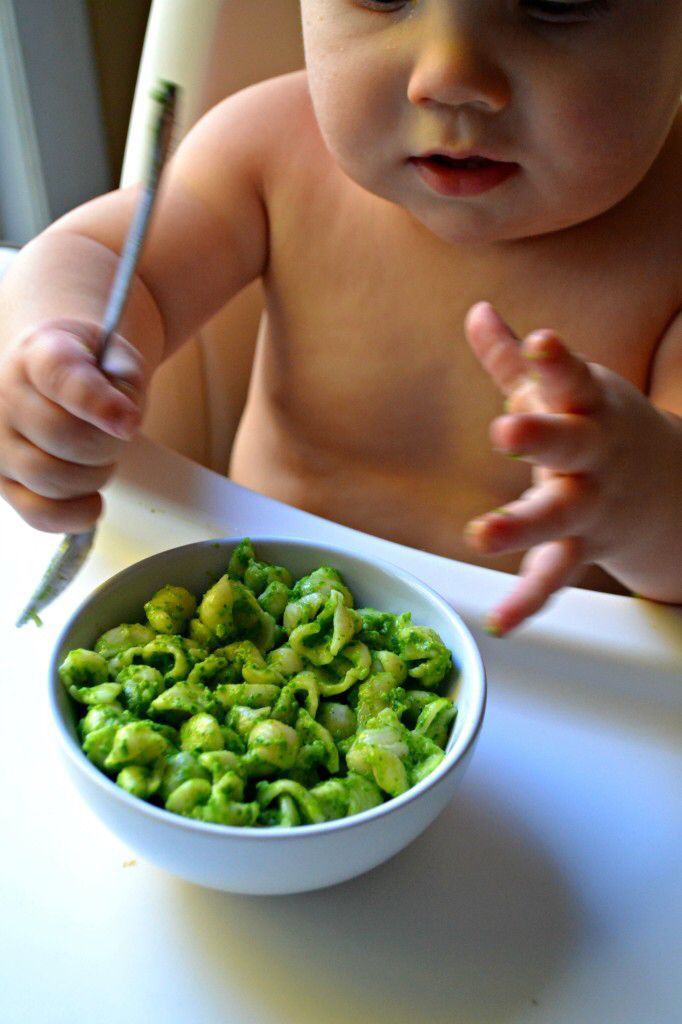
When it came to cadmium, Hain used some 102 ingredients that tested over 20 parts per billion cadmium – a few tested much higher, up to 260 parts per billion cadmium. There are no documents that illustrate the levels of mercury in Hain’s Earth’s Best Organic baby foods, as the company does not test for it.
Beech-Nut baby foods: Beech-Nut made baby food with ingredients that tested as “high as 913.4 ppb (parts per billion) arsenic,” the investigation found, including an additive for “crumb softness” that contained up to 710.90 parts per billion arsenic.
Beech-Nut also used “many ingredients with high lead content, including 483 that contained over 5 ppb (parts per billion) lead,” the subcommittee wrote.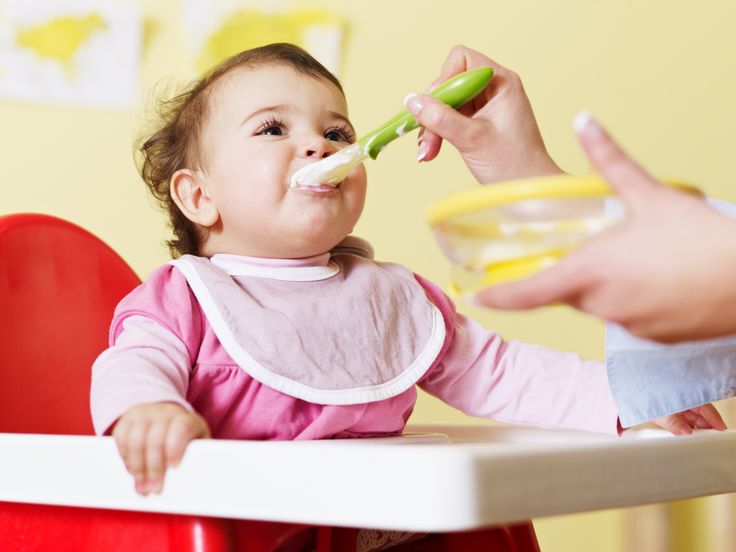
Cadmium levels should not exceed 5 parts per billion in drinking water, according to the FDA, yet Beech-Nut had some ingredients that reached levels of 344.55 parts per billion. Like Hain, Beech-Nut does not test for mercury.
Gerber baby foods: Gerber only tests ingredients, not the final product, the subcommittee said. Some of the ingredients used in making Gerber baby food, such as “conventional sweet potatoes,” tested as high as 48 parts per billion lead.
Internal documents also showed the baby food giant used high-arsenic ingredients, the subcommittee said, “including 67 batches of rice flour that had tested over 90 ppb (parts per billion) inorganic arsenic. ”
”
The company rarely tests for mercury, the subcommittee said, but cadmium levels in 75% of Gerber carrots exceeded the recommended 5 parts per billion, with some reaching up to 87 parts per billion, the report said.
READ MORE: ‘Shades of Black’ and other toddler books celebrate black families
The subcommittee report was clear on what should be done. Instead of setting limits for one food at a time, the FDA should standardize maximum levels for each toxic metal that can damage a baby’s developing brain and apply them to all foods.
There should be mandatory testing of any baby food product before it hits the shelves, the subcommittee recommended. Manufacturers should no longer be allowed to simply test ingredients.
Substitutes should be found for any ingredients over recommended limits, and if that cannot happen, then the food or ingredient should not be used in baby food, the subcommittee said. Take rice, for example, which is a primary source of inorganic arsenic exposure for babies.
“Every maker of baby food … is on notice that we in Congress are not going to sit back and accept the status quo anymore,” Krishnamoorthi said.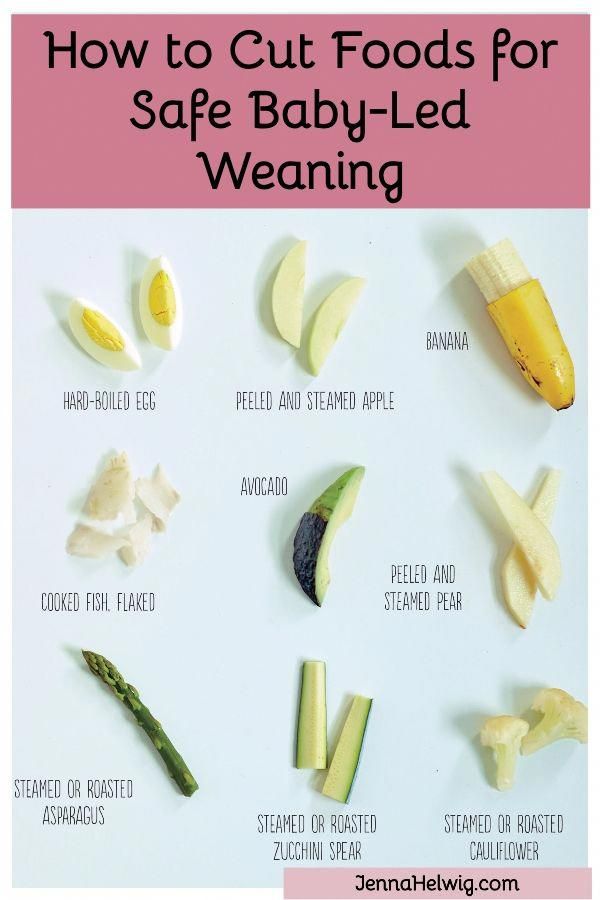
“I hope that companies would voluntarily start to undertake actions such as testing their food more properly and thoroughly and phase out certain ingredients that we know are problematic right now,” he said.
“But I’m also being realistic. We need legislation to compel compliance with standards that the FDA needs to develop.”
CNN’s Megan Marples contributed to this report.
🎖▷ Why you don't have to worry about weight gain with Lamictal
psychology
2 minutes read
If you're concerned that taking Lamictal (lamotrigine) may cause weight gain, there's good news.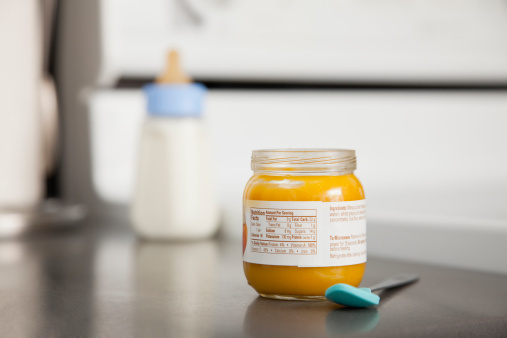 It probably won't affect your weight much. If anything, you're more likely to lose weight due to Lamictal than gain weight, but either way, the changes are likely to be pretty small.
It probably won't affect your weight much. If anything, you're more likely to lose weight due to Lamictal than gain weight, but either way, the changes are likely to be pretty small.
The effect of Lamictal on weight has been little studied and various clinical trials have found minimal effect. In fact, some researchers even considered the drug as a possible remedy for obesity and as a remedy for overeating. This information should be reassuring for people with bipolar disorder, as many of the medications used to treat this condition can cause weight gain.
Lamictal findings and weight gain or loss
Lamictal is an anticonvulsant that can be used to treat seizures such as epilepsy. It is also used as a mood stabilizer for bipolar disorder.
In the first clinical trials with the drug, 5 percent of adults with epilepsy lost weight while taking Lamictal, while 1 to 5 percent of patients with bipolar I disorder gained weight while taking the drug. The researchers do not disclose how much weight patients have gained or lost.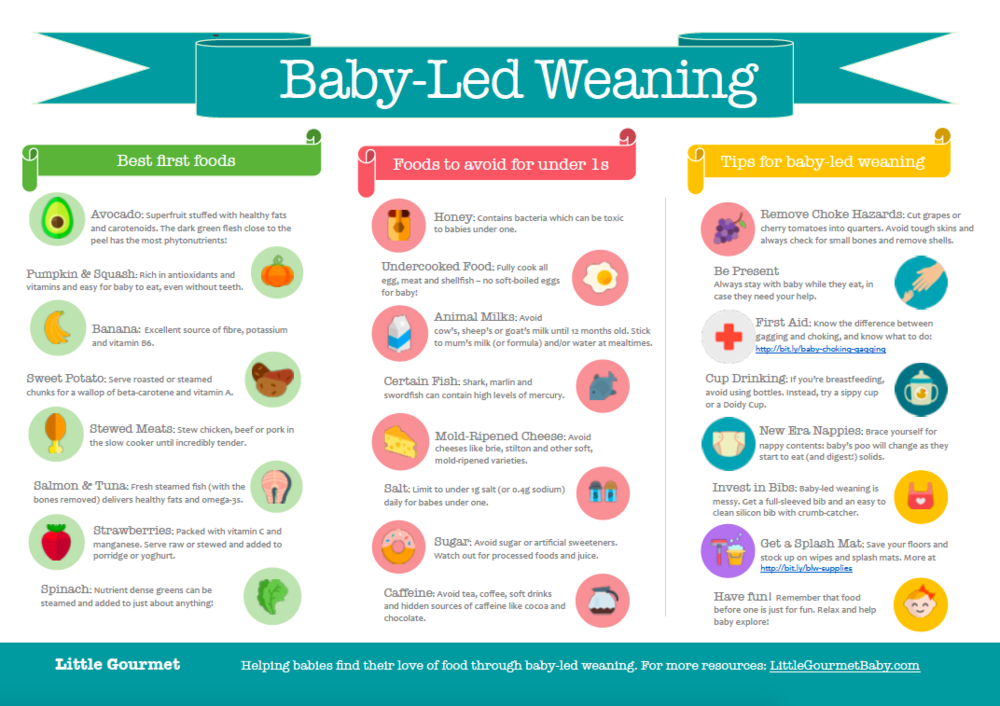
Meanwhile, a 2006 study comparing the effects on weight of Lamictal, lithium, and placebo found that some Lamictal-treated patients gained weight, some lost weight, and most remained about the same weight. Weight changes are usually not many pounds anyway. Obese patients taking Lamictal lost an average of four pounds, while the weight of non-obese patients remained virtually unchanged.
Relationship between weight gain and other bipolar drugs
Weight gain from medications used to treat bipolar disorder is unfortunately quite common. Some mood stabilizers commonly used for bipolar disorder, especially lithium and Depakote (valproate), carry a high risk of weight gain.
In addition, the atypical antipsychotics Clozaril (clozapine) and Zyprexa (olanzapine) tend to cause significant weight gain in people who take them. Finally, some antidepressants, notably Paxil (paroxetine) and Remeron (mirtazapine), have been associated with weight gain.
Therefore, if you are already overweight, you and your psychiatrist may want to consider additional weight gain when determining your bipolar medication regimen.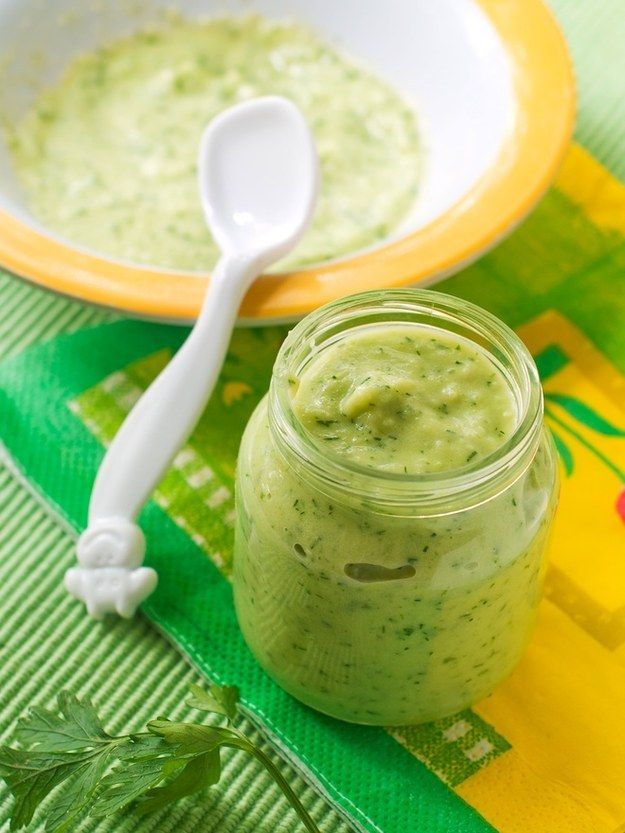 Based on this, Lamictal may be a good choice.
Based on this, Lamictal may be a good choice.
Lamictal as a possible treatment for obesity
Lamictal has also been studied as a possible treatment for obesity in people without epilepsy or bipolar disorder.
In a small clinical study of 40 people conducted in 2006, researchers randomly assigned participants to receive either lamiktal or placebo for up to 26 weeks. Each participant in the study had a body mass index (BMI) between 30 and 40, placing them in the obese group to the level of severe obesity. Those who took Lamictal lost an average of just over 10 pounds. Those who took the placebo lost about 7 pounds in the meantime, so while those who took Lamictal lost more weight, they didn't lose all that much more.
Another study in 2009 looked at Lamictal as a remedy for overeating. This study involved 51 people with the condition that 26 of them received Lamictal, and 25 - placebo.
Those who took Lamictal lost more weight than those who took placebo (about 2.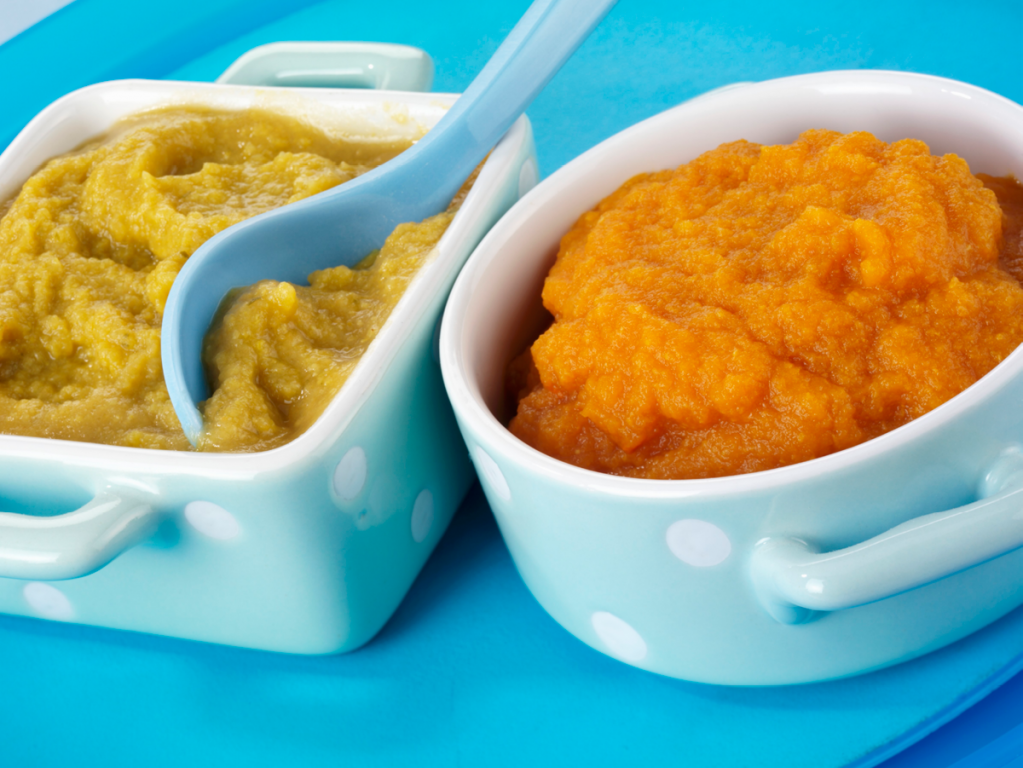 5 pounds vs. about one third of a pound) and did have significant improvements in blood sugar and cholesterol lab test results. However, Lamictal did not appear to affect other aspects of the eating disorder when compared to placebo.
5 pounds vs. about one third of a pound) and did have significant improvements in blood sugar and cholesterol lab test results. However, Lamictal did not appear to affect other aspects of the eating disorder when compared to placebo.
Arsenic, lead and mercury found in popular baby food brands - RIA Novosti, 02/05/2021
Arsenic, lead and mercury found in popular baby food brands
High levels of heavy toxic metals, including arsenic, lead, cadmium and mercury , are recorded in the baby food of some American ... RIA Novosti, 02/05/2021
2021-02-05T10:41
WHO
health - society
walmart
/html/head/meta[@name='og:title']/@content
/html/head/meta[@name='og:description'] /@content
https://cdnn21.img.ria.ru/images/156244/93/1562449374_0:0:2279:1282_1920x0_80_0_0_d929793688c9dd7ff87ce7e2722ad5f9.jpg High levels of heavy toxic metals, including arsenic, lead, cadmium and mercury, have been found in some U.S. baby formulas that can lead to neurological damage in children, according to a U.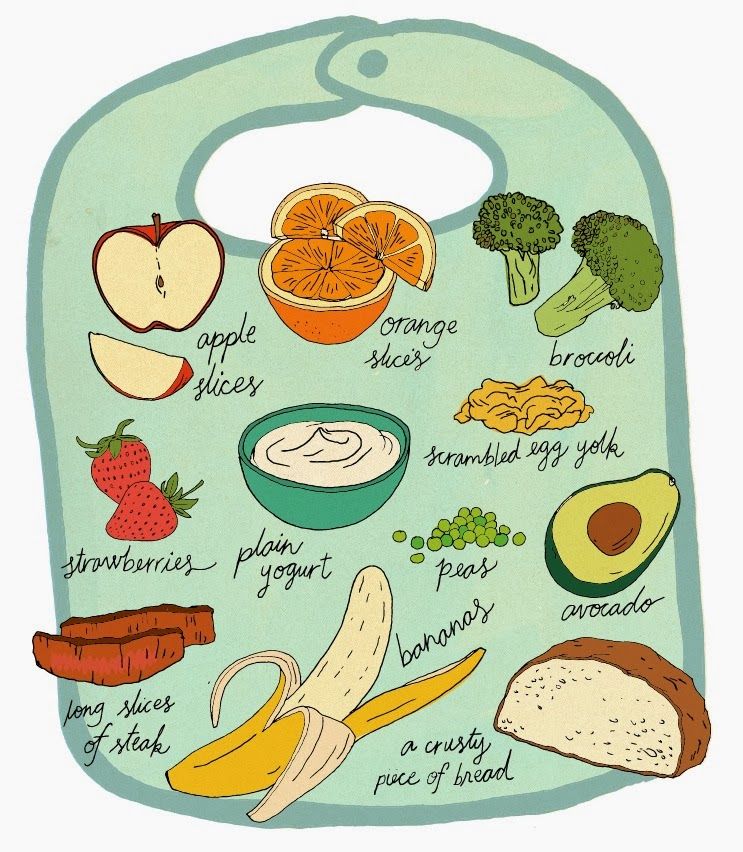 S. House of Representatives study. Economic and Consumer Policy Subcommittee experts examined the domestic documentation from Gerber, Nurture Inc, Hain Celestial Group Inc, Beech-Nutrition, who provided data on a voluntary basis in response to a subcommittee request. It was based on reports of the presence of metals a year earlier. Walmart, Campbell and Sprout Organic Foods refused to cooperate with the investigators. "The subcommittee investigation proves that commercial baby food contains dangerous levels of arsenic, lead, mercury and cadmium. "metals pose a serious health hazard to infants and toddlers. Manufacturers knowingly sell these products to unsuspecting parents, despite internal company standards and test results, and without any warning labels," the subcommittee on economic and consumer policy said in the text of the study. in the structure of the Committee on Oversight and Reform in the US House of Representatives. It is noted that exposure to toxic heavy metals leads to a "permanent decrease in IQ", as well as a decrease in "infant neurological development and long-term brain function.
S. House of Representatives study. Economic and Consumer Policy Subcommittee experts examined the domestic documentation from Gerber, Nurture Inc, Hain Celestial Group Inc, Beech-Nutrition, who provided data on a voluntary basis in response to a subcommittee request. It was based on reports of the presence of metals a year earlier. Walmart, Campbell and Sprout Organic Foods refused to cooperate with the investigators. "The subcommittee investigation proves that commercial baby food contains dangerous levels of arsenic, lead, mercury and cadmium. "metals pose a serious health hazard to infants and toddlers. Manufacturers knowingly sell these products to unsuspecting parents, despite internal company standards and test results, and without any warning labels," the subcommittee on economic and consumer policy said in the text of the study. in the structure of the Committee on Oversight and Reform in the US House of Representatives. It is noted that exposure to toxic heavy metals leads to a "permanent decrease in IQ", as well as a decrease in "infant neurological development and long-term brain function.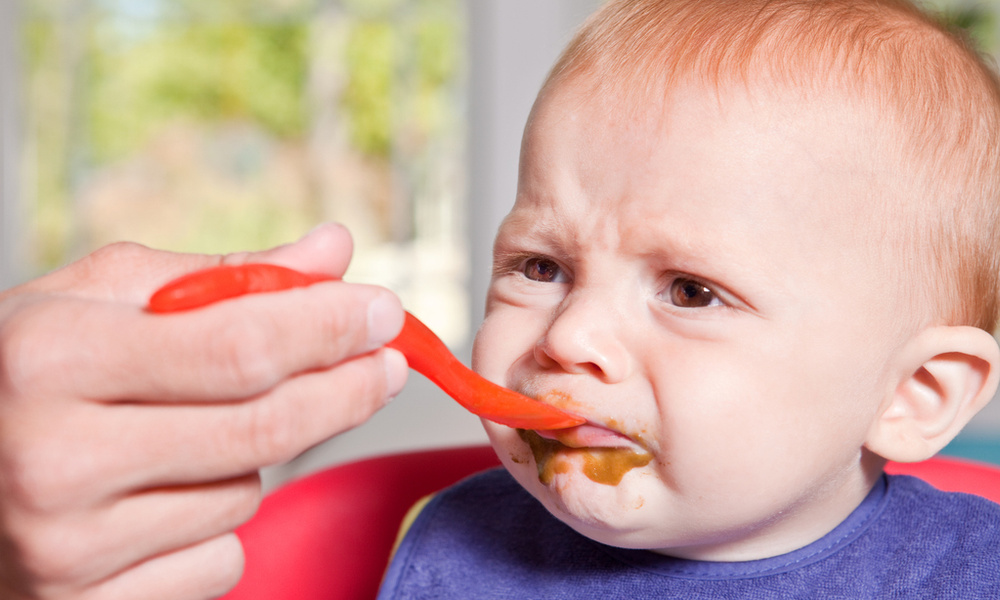 " According to the US regulator and WHO, these four heavy metals are hazardous to human health, "especially for infants and children, who are most susceptible to their neutrotoxic effects."
" According to the US regulator and WHO, these four heavy metals are hazardous to human health, "especially for infants and children, who are most susceptible to their neutrotoxic effects."
https://ria.ru/20200815/1575813258.html
https://radiosputnik.ria.ru/20210125/pitanie-159444892.html
US
96
7 495 645-6601
FSUE MIA "Russia Today"
https: //xn---c1acbl2abdlkab1og.xn--p1ai/awards/
2021 9000 9000 RIA Novosti
1
5
4.7
96
7 495 645-6601
Rossiya Segodnya
https://xn--c1acbl2abdlkab1og.xn--p1ai/awards/
News -RU
https://ria.ru/docs/about/copyright.html
https://xn--c1acbl2abdlkab1og.xn--p1ai/
RIA Novosti
1
5
4.7 96
7 495 645-6601
Rossiya Segodnya 95 645-6601
Federal State Unitary Enterprise “Russia Today”
https: //xn---C1acbl2abdlkab1og.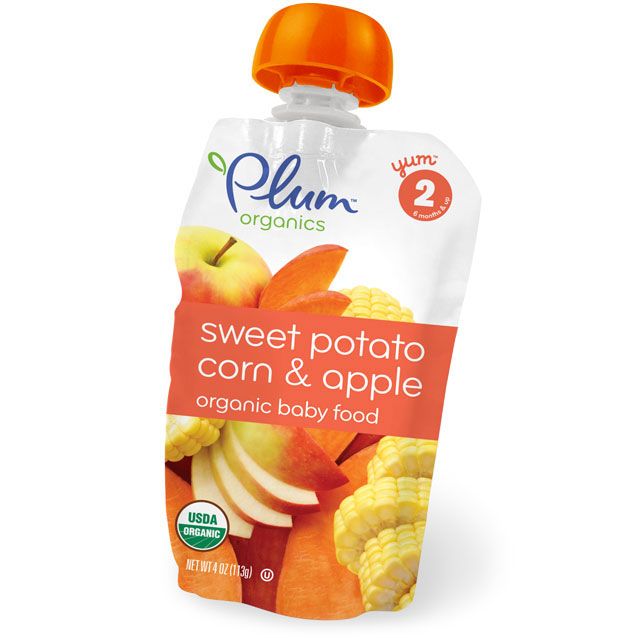 xn--p1ai/Awards/
xn--p1ai/Awards/
RIA Novosti
1
5
4.7 9000
Internet- Internet- [email protected]
7 495 645-6601
Rossiya Segodnya
https://xn--c1acbl2abdlkab1og.xn--p1ai/awards/
worldwide , walmart
Worldwide, USA, WHO, Health - Society, Walmart
MOSCOW, February 5 - RIA Novosti. High levels of heavy toxic metals, including arsenic, lead, cadmium and mercury, have been found in some US baby formulas that can lead to neurological damage in children, according to a US House of Representatives study.
Experts from the Economic and Consumer Policy Subcommittee reviewed internal documentation from Gerber, Nurture Inc, Hain Celestial Group Inc, Beech-Nutrition, which provided data on a voluntary basis in response to a subcommittee request. It was based on reports of the presence of metals that appeared a year earlier.
August 15, 2020, 02:05 AM
Sugar in baby food deemed dangerous for adults
Walmart, Campbell, and Sprout Organic Foods refused to cooperate with the investigators.